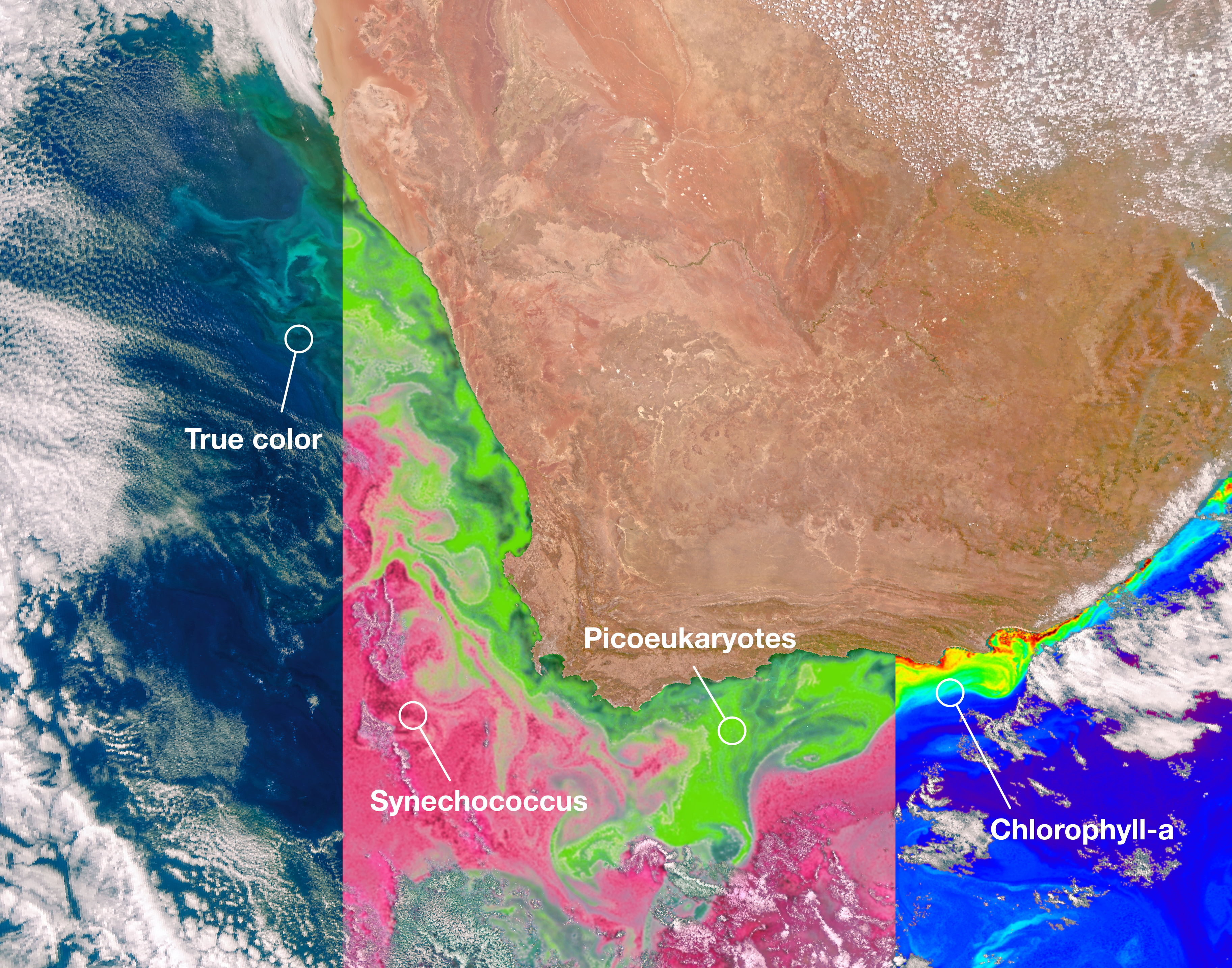Featured Videos
Clouds 101
Clouds can tell us a lot about what weather we might expect to see, but they’re actually quite mysterious. The question is: Because clouds are produced by the climate, how will a changing climate impact clouds? And, conversely, clouds have an impact on our climate, so how will changing clouds affect a changing climate? Welcome to Clouds 101.
An EPIC View of the Moon's Shadow During Solar Eclipse
NASA’s Earth Polychromatic Imaging Camera (EPIC) sits aboard NOAA’s Deep Space Climate Observatory Satellite (DSCOVR). EPIC provides high-quality, color images of Earth, which are useful for monitoring factors like the planet’s vegetation, cloud height, and ozone. And every once in a while it has the opportunity to capture a solar eclipse.
Warmer Ocean Temperatures May Decrease Saharan Dust Crossing the Atlantic
Every year millions of tons of dust from the Sahara Desert are swirled up into the atmosphere by easterly trade winds, and carried across the Atlantic. The plumes can make their way from the African continent as far as the Amazon rainforest, where they fertilize plant life.
NASA: Why does the Sun Matter for Earth’s Energy Budget?
Earth's energy budget is a metaphor for the delicate equilibrium between energy received from the Sun versus energy radiated back out in to space. Research into precise details of Earth's energy budget is vital for understanding how the planet's climate may be changing, as well as variabilities in solar energy output.


